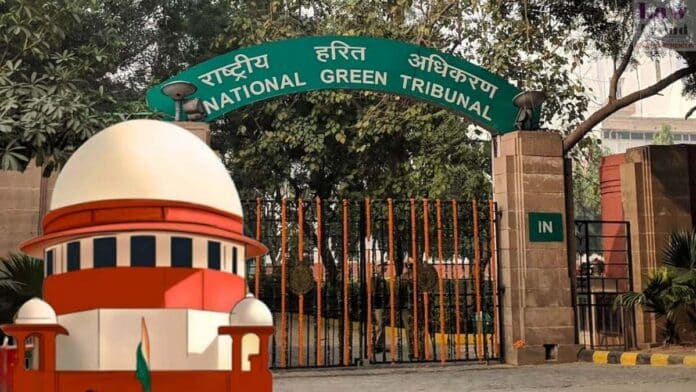The Supreme Court of India has voiced significant reservations over the National Green Tribunal’s (NGT) recent penalty practices, particularly criticizing its method of basing fines on company revenue without evidence of environmental non-compliance. The criticism emerged from a recent judgment delivered by Justices B.R. Gavai and K.V. Vishwanathan, who overturned an NGT order from August 29, 2022, which had levied a substantial Rs. 25 crore penalty on Benzo Chem Industrial Private Limited.
The apex court rebuked the NGT for its approach, stating, “With deep anguish we have to say that the methodology adopted by the NGT for imposing penalty is totally unknown to the principles of law.” This decision came after careful consideration of reports from the Maharashtra Pollution Control Board and the National Environmental Engineering Research Institute (NEERI), both of which found no instances of non-compliance by the company in question.
The NGT had initially imposed the hefty fine based purely on the revenue range of Rs. 100 crore to Rs. 500 crore reported by Benzo Chem, a method the Supreme Court criticized as lacking any legal precedent or connection to the actual environmental impact or damages caused. The bench further noted that the NGT’s decision not only breached principles of natural justice but also showed a disregard for due process by failing to notify the company before enforcing the penalty.
In their ruling, the Justices emphasized, “The generation of revenue would have no nexus with the amount of penalty to be ascertained for environmental damages.” This statement underscores the court’s stance that penalties should be closely tied to the nature and extent of environmental harm, rather than the financial stature of the offending entity.




